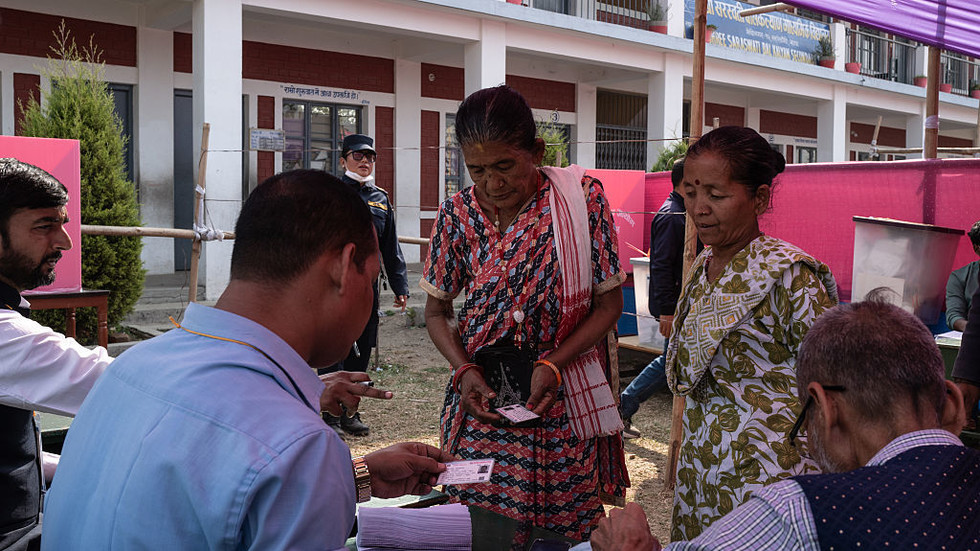The United Nations has raised urgent alarms over Yemen’s escalating humanitarian emergency, revealing that nearly 50% of children under five grapple with acute malnutrition amid a broader crisis of hunger, displacement, and political instability. During a Security Council session this week, officials called for swift global action to avert further catastrophe in the conflict-ravaged nation.
Ramesh Rajasingham, Director of the UN’s Office for the Coordination of Humanitarian Affairs (OCHA), painted a harrowing picture of conditions during his briefing. Half of Yemen’s youngest children not only face acute malnutrition but also endure stunted growth from prolonged hunger, with over 17 million people—more than half the population—now food insecure. This figure is expected to climb to 18 million by early 2025, deepening what Rajasingham termed a “cycle of suffering” disproportionately impacting women and children. Many families, he noted, cannot secure a single daily meal.
In response, the UN allocated $20 million in emergency funding via the Yemen Humanitarian Fund to bolster food aid. Yet Rajasingham underscored that financial assistance alone cannot resolve the crisis. “Sustainable recovery hinges on a political solution,” he said, emphasizing Yemen’s protracted conflict as the root driver of instability.
China’s deputy UN envoy, Geng Shuang, echoed the call for action, labeling Yemen’s plight “one of the world’s most severe food crises.” With 4.8 million displaced and nearly half the population undernourished, he urged increased aid, economic support, and regional diplomacy to stabilize the Red Sea area. “Vulnerable groups, particularly women and children, are bearing the brunt,” Geng stated, stressing the need for global solidarity.
UN officials and diplomats unanimously warned that without a negotiated peace, Yemen’s humanitarian disaster will worsen. Years of war have crippled infrastructure, disrupted supply chains, and left communities reliant on aid. Despite the UN’s intensified funding efforts, analysts caution that bandage solutions cannot replace the imperative of dialogue among warring factions.
As international pressure mounts, the focus remains on balancing urgent relief with efforts to revive stalled peace talks. With millions facing starvation and disease, the world’s spotlight on Yemen underscores a stark reality: lasting stability requires not just feeding the hungry today but forging pathways to end the war tomorrow.



